|
We are where the light begins. Perhaps it does not begin. Perhaps it is always. - text by Jan Richardson from the Susan LaBarr choral composition "Where the Light Begins" Guitarist Alan Skowron joins us for both morning services offering his composition "Journey Throughout Life" adapted for organ and electric guitar. We may even "take five" to close our worship time together...
Music for the 11:00 a.m. Confirmation Sunday service was selected in collaboration with the confirmands themselves! The beautiful musical setting of Jan Richardson's text by Susan LaBarr in "Where the Light Begins" will be presented as a duo vocal arrangement by Plymouth Staff Singers Alex Young and Lucas Jackson. Guitarist and vocalist Noah Kayl brings his "Offering" during our communal time of prayer in a song by Paul Baloche.
0 Comments
On this Earth Day Sunday, we experience music celebrating the wonders of creation while honoring our role as stewards in this world — like shepherds watching over their flock.
At the 9:00 a.m. "eclectic" service, ukulelist Stuart Yoshida joins the chancel musicians in presenting songs from around the world including Jamaica, Hawaii, and the American songbook. At the 11:00 a.m. traditional service, we hear an ode to the majesty of peaks and valleys from the organ in a lied (German for "song") to the mountains by Belgian composer Flor Peeters. The Chancel Choir are joined by the Plymouth Ringers and violinist Amy Welsh in a setting paraphrasing Psalm 23 utilizing the early American tune "Resignation" by David Ashley White. (As a "pick-up" choir Sunday, feel free to join us for rehearsal at 10:10!) The organ concludes worship with a gigue (a French Baroque dance based on the English jig) on the closing hymn tune "Dix" (sung to the text "For the Beauty of the Earth"). At 9:00 a.m., vocalist and guitarist Bill DeMarco joins the team for a Celtic and folk-inspired collection of songs rejoicing in the resurrection.
At 11:00 a.m., two contemporary organ settings on traditional Easter carols by James Biery are offered. A trio on the 17th century Dutch tune "Vreuchten" ("This Joyful Eastertide") begins the worship hour. A toccata on the 16th century German tune "Gaudeamus Pariter" ("Come, You Faithful, Raise the Strain") closes the service. The Chancel Choir sings "A Gaelic Easter Celebration" by Patti Drennan with fiddler Harmony Tucker. "You make beautiful things out of the dust. You make beautiful things out of us." - from the song "Beautiful Things" by Michael and Lisa Gungor On this Second Sunday of Eastertide, we enter into a space of a "quiet joy" — a reflection on the risen Christ and the hope of new life.
Morning worship begins with a meditation on this new life in "Beautiful Things" by Gungor. Vocalists Lucas Jackson and Alex Young with violinist Harmony Tucker present this passionate hymn of promise. Easter chants from the Taizé Community offer a time of introspection and joyful reflection led by our string quartet of violinists Harmony Tucker and Alex Young, violist Mateo Dunigan-AtLee and cellist Aaron Dunigan-AtLee. The Paschal celebration concludes with an exuberant Baroque-style setting of the hymn "That Easter Day with Joy Was Bright" by 19th century composer Heinrich von Herzogenberg. At 9:00 a.m., staff singers Lucas Jackson and Alex Young, along with her violin, join bassist Peter Strening and me on this last Sunday of Eastertide. Spiritual songs from the rock/pop idioms and an offering from the organ will be heard at this eclectic early morning service.
At 11:00 a.m., a tango for organ on the Ralph Vaughan Williams hymn tune to the Spirit "Down Ampney" opens worship in a setting by Mark Sedio. The Chancel Choir sings a rousing arrangement of the spiritual "I Wanna Be Ready" by esteemed composer Rosephanye Powell featuring soloists Lucas Jackson and Alex Young. Flor Peeters' "Festival Voluntary" closes the service on a note of majestic joy and triumph. At 9:00 a.m., a little morning chamber music by cellist Lucas Jackson, double bassist Ovella Huddleston, and yours truly.
At 11:00 a.m., organ works by French Romantic composer César Franck and Tudor-era English composer John Redford, also organist of St. Paul's Cathedral, London. The Chancel Choir offers the pop-centric anthem "You Sing Over Me" by Heather Sorenson. At 9:00, we share the spiritual essence of songs by George Harrison and Paul McCartney and others. Guitarist Alan Skowron joins us for a service of Easter Alleluias and thanks.
At 11:00, the organ offers two works inspired by dance: a jig and minuet by composers Dietrich Buxtehude and Léon Boëllmann. The Chancel Choir sings a contemporary setting of the George Herbert hymn text "Come, My Way, My Truth, My Life" by Thomas Keesecker. On our yearly walk down Emmaus Road we seek to encounter the Risen Christ in our own lives as those disciples experienced long ago. An Easter flashback this Sunday morning.
At 9:00, cantor/cellist Lucas Jackson and violinist Harmony Tucker and I explore the life-giving message of Eastertide with songs from the English folk and Italian traditions with a touch of eccentricity. At 11:00, the organ ushers in worship with a neo-baroque setting of the 16th century German Easter hymn "Erschienen ist der herrlich Tag" (Appeared Is the Splendid Day) by Heinrich von Herzogenberg. The Chancel Choir sings of the resurrection in an ambitiously eccentric hymn setting from the Episcopal 1982 hymnal in "Look There! The Christ, Our Brother, Comes" by idiosyncratic American composer William Albright. The organ speaks one final time in a blistering toccata on the hymn tune "Gaudeamus Pariter" most associated with the Easter text "Come, Ye Faithful, Raise the Strain." Songs of pilgrimage and discovery—hopeful for enlightened paths ahead.
The anticipation of summertime and nature's complete transformation after the budding spring is the topic of the 16th century German chorale "Herzlich tut mich erfreuen die liebe Sommerzeit" ("My faithful heart rejoices; the summer comes at last"). Johannes Brahms' final work, the Eleven Chorale Preludes of 1896, contains a lovely and passionate setting of this tune. The melody plays clearly above a swirling accompaniment figure gently interrupted by tender fleeting interludes. "The Road Home" by esteemed composer Stephen Paulus is based on the early American melody "Prospect" with text by notable poet Michael Dennis Browne. Originally a four part choral anthem, soprano Blair Carpenter presents this solo version with the message of a wayward traveler finding the way back to truth—home. The lively Welsh hymn tune "CWM Rhondda" (pronounced "koom rahn-duh") is given a Handelesque treatment by famed composer of hymn tune settings Paul Manz. The ode- to-the-Baroque opening fanfare appears throughout this chorale prelude between sections of the tune played loudly by the Festival Trumpet stop. Join us at the 6:00 p.m. service with visiting scholar Wesley Granberg-Michaelson and American/English folk tunes telling the tale of travel on the road. Guitarist Bill DeMarco joins in on this Sunday evening pilgrimage. "This is my commandment, that you love one another as I have loved you." John 15.12  Image by Photo Mix from Pixabay Image by Photo Mix from Pixabay Welsh hymn tunes form the basis of Three Preludes for Organ (1920) by Ralph Vaughan Williams. This Sunday morning, two of these beloved melodies will be offered. "Rhosymedre" (sometimes simply entitled "lovely") is named after a village in Wales where the composer Father John David Edwards served as vicar from 1843 until his death in 1885. Williams' tender organ setting of the tune is a staple of the organ repertoire and famously was performed at the funeral of Princess Diana and the wedding of her two sons, Harry and William. "Hyfrydol" is the tune of one of Christendom's most recognized texts, "Love Divine, All Loves Excelling." The exuberant rendition which closes the Welsh collection employs pleasantly dissonant harmonies displaying grandeur and gravitas with the well-known hymn tune clearly heard above it all. At the Musical Offering, flutist Aaron McGrew plays the famous "Meditation" from the opera "Thais" by Jules Massenet. Originally scored for violin and orchestra, the work serves as a reflection where upon Thais, at the behest of a concerned monk, ponders the decision to leave her hedonistic life behind and instead follow God. The 6:00 p.m. service also welcomes flutist Aaron McGrew as we together offer songs of life, love, and light. |
Details
|
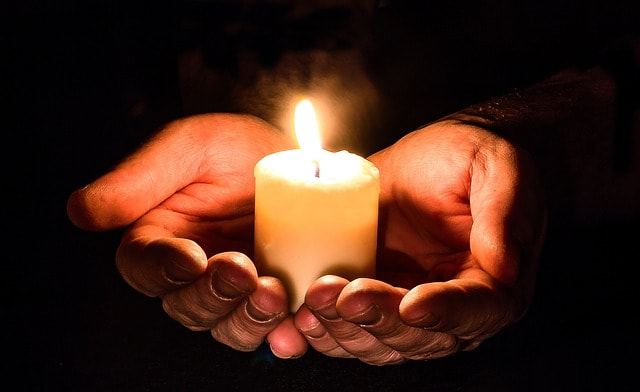


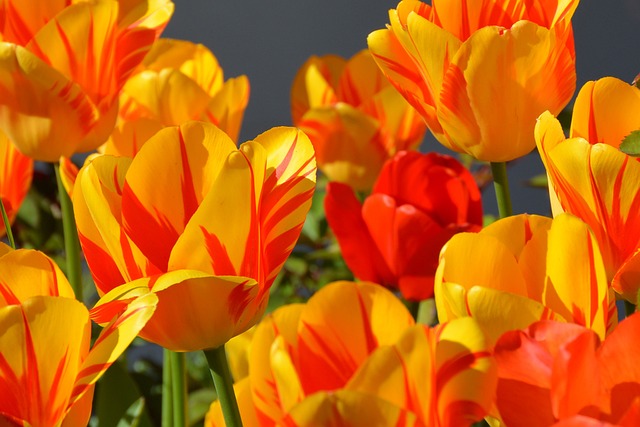
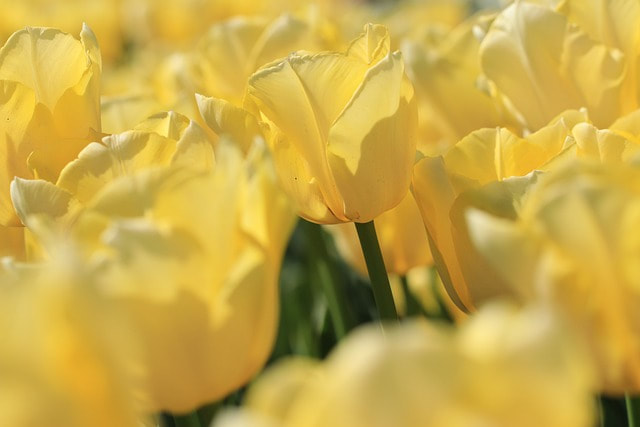
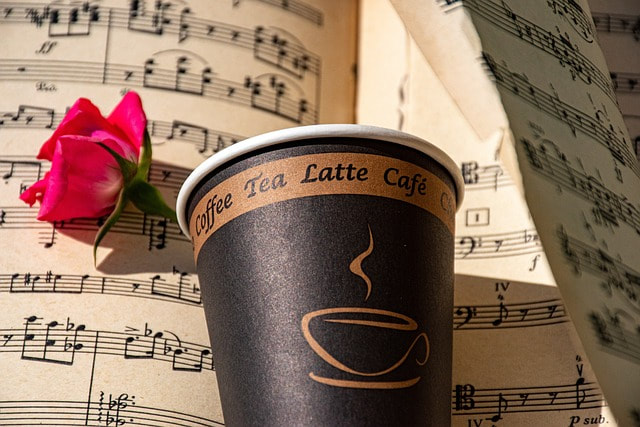
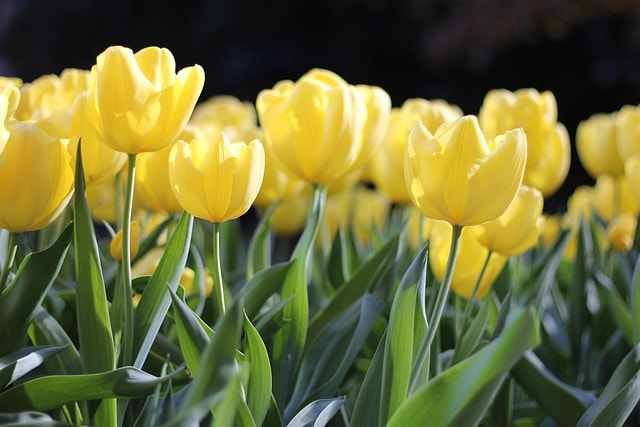
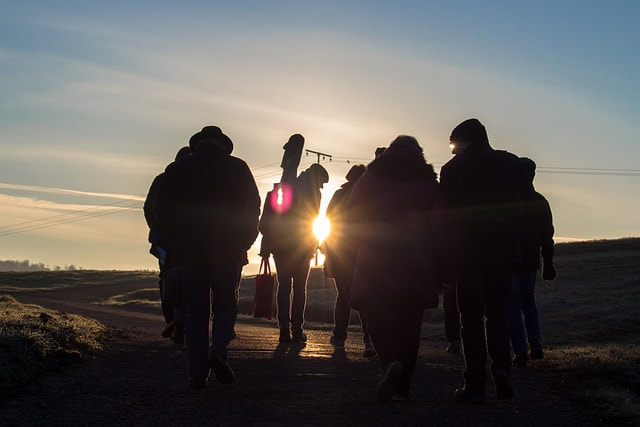
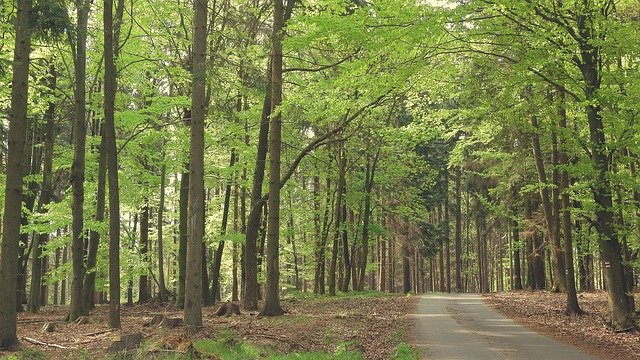
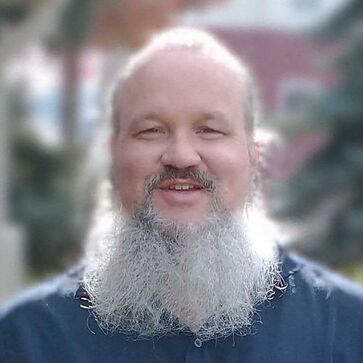
 RSS Feed
RSS Feed